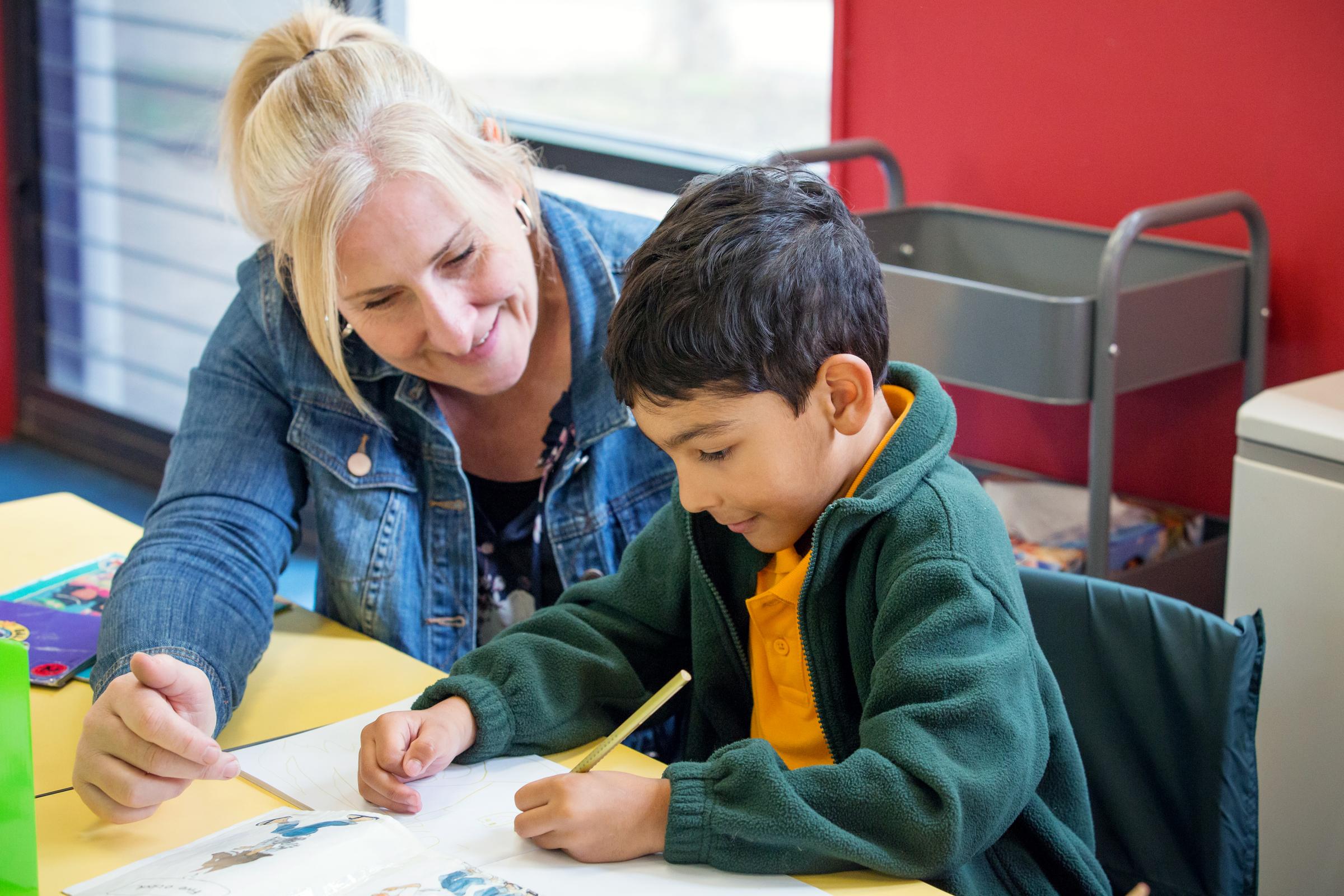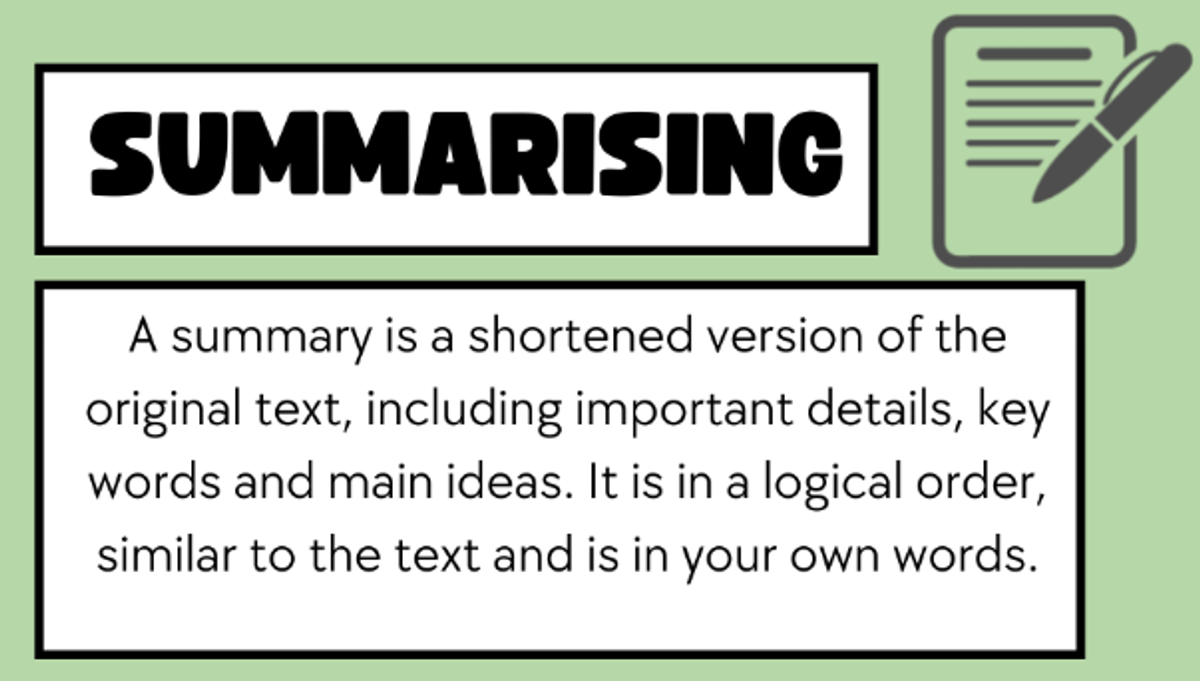Teaching and Learning
Mrs Kylie Middlemiss - Assistant Principal

Teaching and Learning
Mrs Kylie Middlemiss - Assistant Principal
It's hard to believe we are already past the half way point of term. Where is the time going? Term 3 is always one that seems to fly by, full of special events and extracurricular activities. It's wonderful to see the students around the school so engaged in their learning and the events they are participating in.
Here at Karoo, like our students, our staff have been engaging in continuous professional learning and development to provide the best education possible to our students. We explore effective teaching methods, innovative strategies, and develop a deeper understanding of how we can work together to continue to deliver a high quality teaching and learning program. Through ongoing professional development, our teachers are empowered to create dynamic and engaging learning environments, foster a culture of continuous improvement, and ultimately guide our students towards their fullest potential.
Over the past few weeks I have been working with our English leaders to continue a professional learning series around strengthening our understanding of the identified Karoo Comprehension Strategies. There has been a large amount of work conducted by staff to narrow down the specific comprehension strategies that we explore here at Karoo. They are:
These strategies play a vital role in helping our students become independent readers who can confidently make meaning from what they read, therefore laying the foundation for their success not only in reading but also in all aspects of their education.
Staff have most recently been working together to review the strategies of summarising and synthesising. Through identification of key words, our Karoo definitions for these strategies have been created:




Why are these Strategies Important? These strategies empower our students to truly understand and engage with the content. When they learn to summarise, they practice extracting the most important information. When they practice synthesising, they develop higher-level thinking skills by blending what they've read with their own thoughts and experiences.
How can you support this at home? We encourage you to engage in discussions with your child about their reading experiences at school, and what strategies they have been working on to make meaning from what they have read. Ask them to summarise what they've read, share their thoughts on the connections they've made, and challenge them to think critically about the text and how it might be adding to or shifting their thinking. By reinforcing these skills at home, you can help your child become a more confident and skilled reader.
Thank you for your ongoing support and partnership in your child's education journey.
Warm Regards,
Kylie Middlemiss
Acting Assistant Principal
Teaching and Learning

